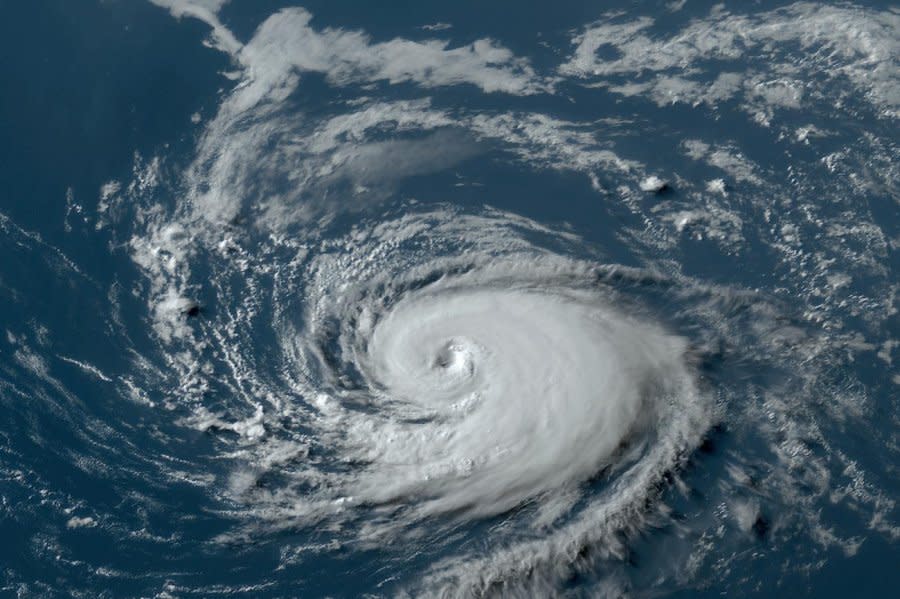NOAA predicts above-average 2023 Atlantic hurricane season activity

Aug. 10 (UPI) -- NOAA's Climate Prediction Center on Thursday upgraded the 2023 Atlantic hurricane season forecast to an above-normal level of activity.
The update calls for 14 to 21 named storms, with winds of 39 mph or greater, of which 6 to 11 could become hurricanes, with winds of at least 74 mph. Of those, two to five could become major hurricanes, with winds of 111 mph or greater.
The season has had an active start with five storms since June 1 reaching tropical storm strength, including one hurricane. In an average season, there would be 14 named storms.
"The main climate factors expected to influence the 2023 Atlantic hurricane activity are the ongoing El Nino and the warm phase of the Atlantic Multi-Decadal Oscillation, including record-warm Atlantic sea surface temperatures," NOAA's Matthew Rosencrans said in a statement. "Considering those factors, the updated outlook calls for more activity, so we urge everyone to prepare now for the continuing season."
In July, the National Hurricane Center said it was adopting a new model for storm forecasting, called the Hurricane Analysis and Forecast System. It is 10%-15% better at predicting storm tracks and better at forecasting storm intensity.
Colorado State University researchers also released a forecast for an above-average hurricane season in July, predicting at least four major hurricanes and 18 named storms.
Usually El Nino, which is underway, lessens tropical storm activity. But not this year.
"El Nino usually results in atmospheric conditions that help to lessen tropical activity during the Atlantic hurricane season. So far, those limiting conditions have been slow to develop and climate scientists are forecasting that the associated impacts that tend to limit tropical cyclone activity may not be in place for much of the remaining hurricane season," NOAA said.
Florida coastal water temperature hit 101.1 degrees in July, the hottest in history. Hotter ocean water temperatures contribute to more intense storms.
Hurricane season runs through Nov. 30.

